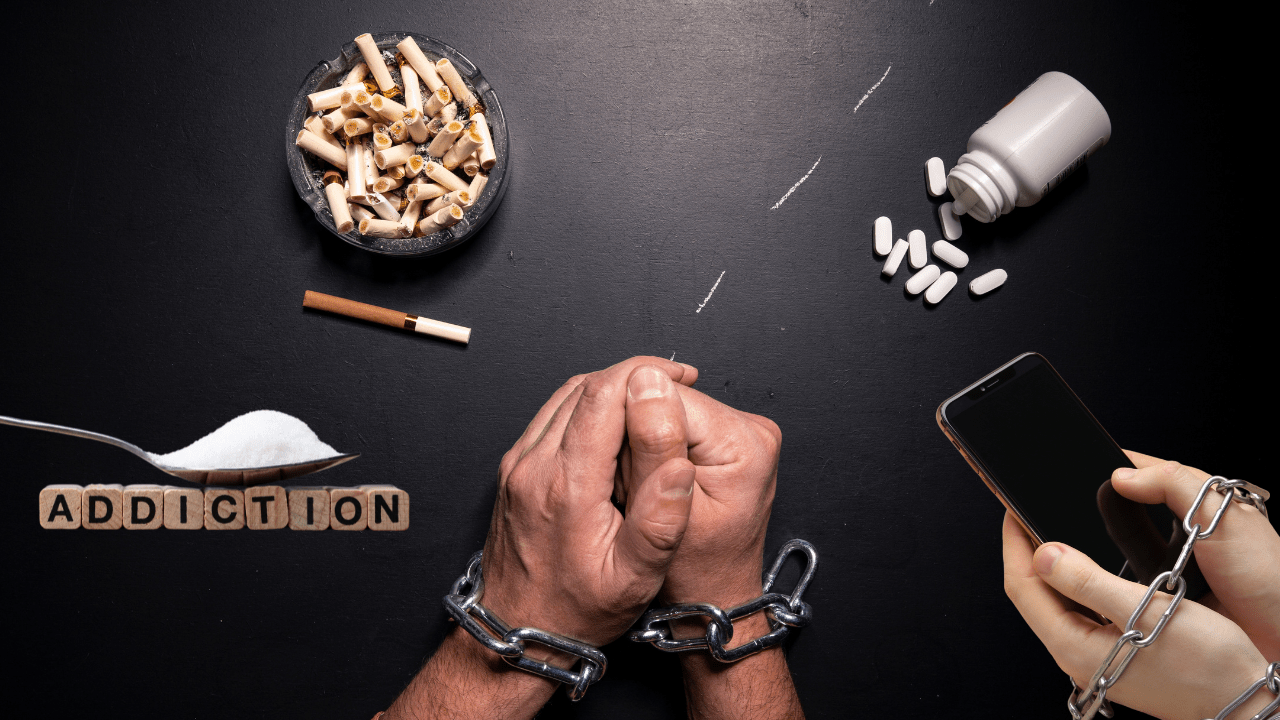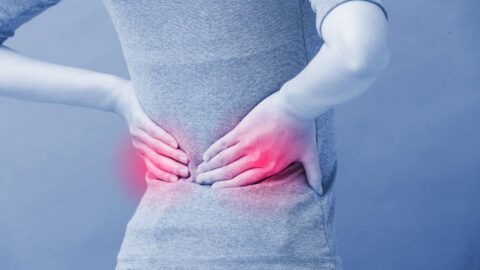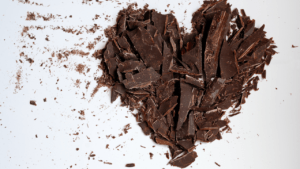by Vanita Dahia
Dopamine and Natural Addiction Recovery
Addiction is a habit that grips our lives and is often misunderstood as a moral failing. Addiction is a complex interplay of biological, psychological, and environmental factors. At the heart of this battle lies dopamine, a neurotransmitter crucial for motivation, reward, and pleasure.
The characterization of intoxication and subsequent withdrawal may be defined in terms of the brain mechanisms they activate; most addictive drugs cause elevations in extracellular levels of the neurotransmitter dopamine.
Addictions do only pertain to drugs, alcohol and sugar, but also extends to technology, foods, cosmetic surgery and activities.
Dopamine: The Devil’s Reward
Dopamine is our brain’s reward system. When we experience something pleasurable, dopamine is released, reinforcing the behavior. But when substances or behaviors hijack this system, the consequences can be devastating. Addictive substances and behaviors, from drugs to gambling, supercharge dopamine release, creating an intense rush of pleasure. The road of addictions incorporates:
- Hypersensitivity – The brain’s reward system becomes overly sensitive to the addictive substance or behavior, leading to intense cravings.
- Desensitization – Over time, the brain adapts by reducing dopamine receptors, leading to tolerance. This means you need more of the substance or activity to achieve the same high, intensifying the cycle of addiction.
- Neuroadaptation – The brain undergoes changes in its structure and function to adapt to the chronic presence of the addictive substance or behavior.
The Vicious Addiction Cycle
The addiction cycle is a repetitive pattern of behaviors that addicts often experience involving:
- Craving, a strong desire or compulsion to engage in the addictive behavior
- Bingeing is an uncontrolled and excessive participation in the addictive behaviors
- Withdrawal is a negative physical and psychological outcome when the addictive substance or behavior is reduced or stopped
- Guilt is a feeling of shame or remorse associated following addiction
- Repeat is when the cycle is driven by the desire to alleviate discomfort and seek more of the addiction
Impact of Addictions on all Neurotransmitters
As a result of habitual intake of addictive drugs, dopamine receptors expressed in the brain are decreased, thereby reducing interest in activities affecting the balance of other neurotransmitters in the brain.
Burst discharges (phasic firing) of dopamine-containing neurons are necessary to establish long-term memories associating predictive stimuli with rewards and punishers. Independent discharges of dopamine neurons (tonic or pacemaker firing) determine the motivation to respond to such cues.
Dopamine is not the only neurotransmitter affected. Addicts experience the initial high satisfaction. In time the excitation is reduced with Dopamine receptor resistance. This then impacts other neurotransmitters leading to anxiety, depression or manic disorders.
Dopamine is the key neurotransmitter involved in reward and motivation, implicated in addiction
Serotonin regulates mood, appetite, and sleep, with imbalances linked to depression and anxiety, common comorbidities with addiction
Glutamate is an excitatory neurotransmitter essential for learning and memory and plays a role in addiction-related plasticity
GABA is an inhibitory neurotransmitter counterbalancing glutamate, dysregulation associated with anxiety and withdrawal symptoms
Endorphins are our natural opioids released during pleasure or exercise which can contribute to addiction development
Breaking free from Addiction
To break free from addiction, understanding the neuroscience is crucial. By understanding the science behind addiction, you can empower yourself to make informed choices and reclaim control over your life. In addition to balancing neurotransmission pathways, it is advisable to consider holistic approaches to treatment which includes:
Psychotherapy – Cognitive-behavioural therapy (CBT), motivational enhancement therapy (MET), and dialectical behavior therapy (DBT) are effective approaches for addressing the psychological and Behavioural aspects of addiction.
Medication-Assisted Treatment (MAT) for substance use disorders, MAT can help manage withdrawal symptoms and reduce cravings.
Healthy Lifestyle – Engaging in regular exercise, maintaining a balanced diet, and getting enough sleep can contribute to overall well-being and reduce the risk of relapse.
Mindfulness Techniques, support groups involves connecting with others, meditation and yoga can help manage stress, improve emotional regulation, and reduce cravings.
Test for Mental Health – Stress, Anxiety, Depression, Mood
Functional pathology tests can identify underlying causes of mental health imbalances that may not be identifiable with conventional lab tests.
Educational Webinar
Dopamine and Natural Addiction Recovery
Reclaim Your Brain with the Neuroscience of Addiction
Why is it important?
The Neuroscience of Addiction. Understand the science behind Dopamine’s effect on urges and explore natural paths to recovery.
Addiction is a dependence on a substance or activity even if you know that it causes you harm. is a to do an activity or use a substance. This strong physical or psychological urge leads to a compulsive dependence which affects neurobiological balance in the brain impacting daily life.
Neurotransmitters, including dopamine, serotonin, glutamate, and GABA, play pivotal roles in reward pathways and addiction development.
This webinar delves into the neurobiological underpinnings of addiction, with a particular focus on the role of dopamine. Addictive substances and behaviours stimulate the release of excessive dopamine, creating intense pleasure and reinforcing addiction which, in time, decreases dopamine receptors and tolerance. This altered brain chemistry contributes to compulsive cravings and difficulty quitting the addiction.
We explore how this neurotransmitter, essential for reward and motivation, becomes hijacked in addiction, leading to cravings and compulsive behaviors.
We discuss the potential of natural interventions in addressing addictions that target neurotransmitter systems, reduce cravings, and promote lasting recovery. Discover how balancing neurotransmitters can restore balance to the brain and reclaim control over your life.
Learning outcomes
In this webinar, you will learn:
➡ the nature and types of addictions
➡ the addiction cycle of craving, bingeing, withdrawal, guilt, and repeat
➡ Dopamine dynamics in addiction
➡ the role of neurotransmitters in craving, addiction, tolerance, and withdrawal symptoms
➡ effective strategies for overcoming addiction




